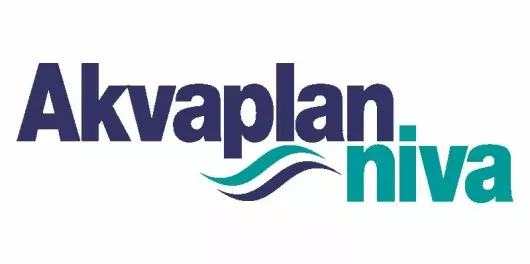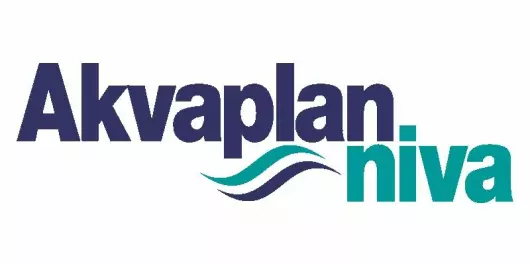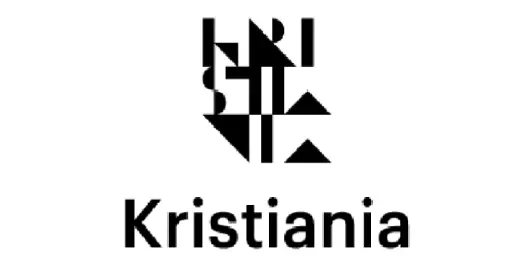Ledig stilling på Universitetet i Oslo
Blindern og Urbygningen (Foto: Wikimedia og Colourbox)
PhD Research Fellowship in Machine Learning in oceanography
Deadline: 31.07.2020
Universitetet i Oslo
The University of Oslo is Norway’s oldest and highest rated institution of research and education with 28 000 students and 7000 employees. Its broad range of academic disciplines and internationally esteemed research communities make UiO an important contributor to society.
The research at the Department of Physics covers a broad range of subfields within physics and technology: From space research to medical physics. A good proportion of the research is interdisciplinary, and conducted in close cooperation with collaborators in Norway and abroad.
Education and teaching are other essential activities. We offer a broad range of courses, and the Department is involved in several study programmes at bachelor’s and master’s level. Some of the best lecturers in Norway are amongst our employees, and we are proud of our prizewinning teaching and learning environment. The Department has 200 employees, of which 50 are permanent scientific positions. On a yearly basis 20 students complete their Ph.D. and 50 finish their M.Sc. degree.
Job description
The Department of Physics and the Norwegian Meteorological Institute, have a three year PhD-position opened in the context of the “Machine Ocean” (MO) project. MO aims at combining Machine Learning (ML) and Earth Observations to improve simulations of turbulent behaviors in the Earth system. For this, two specific problems will be considered: the formulation of effective turbulence closure models for the turbulent momentum transfer over the ocean, and the improvement of storm surge prediction models.
More about the position
The project is a collaboration between the Department of Physics, University of Oslo (UiO), and the Norwegian Meteorological Institute (MET), as well as two foreign institutions: the Woods Hole Oceanographic Institution (WHOI, USA), and Uppsala University (Sweden). The two hosting institutions (UiO and MET) have close ties and are located around 500 meters apart. The PhD student will be formally employed at the University of Oslo, which will also be the institution awarding the PhD. A large part of the daily work will be performed at the Meteorological Institute, which is also the location where the student will physically work and have an office.
Project Tasks
- The detailed plan for the thesis will be defined at the beginning of the project together with the student, and will focus on the following tasks:
- Collect, organize, and develop preprocessing pipelines for in-situ and remote data used as predictors by Machine Learning (ML) models.
- Train and validate ML models (both artificial neural networks and traditional classification models) for the prediction of the turbulent momentum stress over the ocean.
- Compare the ML models with traditional turbulence closure models, and analyze both their performance and physical interpretation.
- Use data from both remote sensing and simulations to develop new storm surge models. For this, two approaches will be investigated: a direct ML approach, and a residual correction of pre-existing models.
- Disseminate the results through international conferences and publications in the peer-reviewed literature.
- Participate in the diffusion of ML techniques in meteorology.
Qualification requirements
The Faculty of Mathematics and Natural Sciences has a strategic ambition is to be among Europe’s leading communities for research, education and innovation. Candidates for these fellowships will be selected in accordance with this, and expected to be in the upper segment of their class with respect to academic credentials.
- Master’s degree or equivalent in one of the following fields: mechanics, fluid mechanics, physics, geophysics, machine learning, or applied mathematics.
- Computer and programming skills are highly relevant, both for processing large volumes of data, and for developing the tools necessary to perform the core research tasks. Good working knowledge of at least Python or C++ is a requirement for the position.
- Fluent oral and written communication skills in English. Please see English requirements for applicants from outside of EU/ EEA countries
- Good social and collaboration skills and ability to work independently and in an interdisciplinary scientific environment
Grade requirements:
The norm is as follows:
- The average grade point for courses included in the Bachelor’s degree must be C or better in the Norwegian educational system
- The average grade point for courses included in the Master’s degree must be B or better in the Norwegian educational system
- The Master’s thesis must have the grade B or better in the Norwegian educational system
http://www.mn.uio.no/english/research/phd/application/application.html
Desired qualifications:
- Earlier involvement in research projects or/and a strong background in fluid mechanics / geophysics / machine learning
- Familiarity with a Unix/Linux environment
The purpose of the fellowship is research training leading to the successful completion of a PhD degree.
The fellowship requires admission to the PhD program at the Faculty of Mathematics and Natural Sciences. The application to the PhD program must be submitted to the department no later than two months after taking up the position. For more information see:
http://www.uio.no/english/research/phd/
http://www.mn.uio.no/english/research/phd/
We offer
- Salary NOK 479 600 – 523 200 per annum depending on qualifications and seniority as PhD Research Fellow (position code 1017)
- Vibrant international academic environment
- Attractive welfare benefits and a generous pension agreement
- Oslo’s family-friendly surroundings with their rich opportunities for culture and outdoor activities
How to apply
The application must include:
- Cover letter including a description of scientific interests and the motivation for applying for the position (max. 2 pages)
- CV (summarizing education, positions and academic work - scientific publications)
- Copies of the original Bachelor and Master’s degree diploma, transcripts of records and letters of recommendation
- Documentation of English proficiency if needed (please see admission criteria)
- List of publications and academic work that the applicant wishes to be considered by the evaluation committee
- Names and contact details of 2-3 references (name, relation to candidate, e-mail and telephone number)
- Applicants who are interested in teaching need to add to this application a description of their motivation for teaching.
The application with attachments must be delivered in our electronic recruiting system, please follow the link “Apply for this job”. Foreign applicants are advised to attach an explanation of their University's grading system. Please note that all documents should be in English (or a Scandinavian language). Note that applications with missing documents will not be considered further.
Applicants will normally be called in for an interview.
Formal regulations
Please see the guidelines and regulations for appointments to Research Fellowships at the University of Oslo.
According to the Norwegian Freedom of Information Act (Offentleglova) information about the applicant may be included in the public applicant list, also in cases where the applicant has requested non-disclosure.
The University of Oslo has an agreement for all employees, aiming to secure rights to research results etc.
The University of Oslo aims to achieve a balanced gender composition in the workforce and to recruit people with ethnic minority backgrounds.
Contact information
For more information, contact either:
Prof. Morten Hjorth-Jensen at the Physics Department, email: morten.hjorth-jensen@fys.uio.no, or
- Dr. Jean Rabault from the Meteorological Institute email: jeanr@met.no
For technical questions regarding the application system, please contact HR Adviser Elin Thoresen, +47 22 85 71 96, e-mail: elin.thoresen@mn.uio.no
Apply for this job














